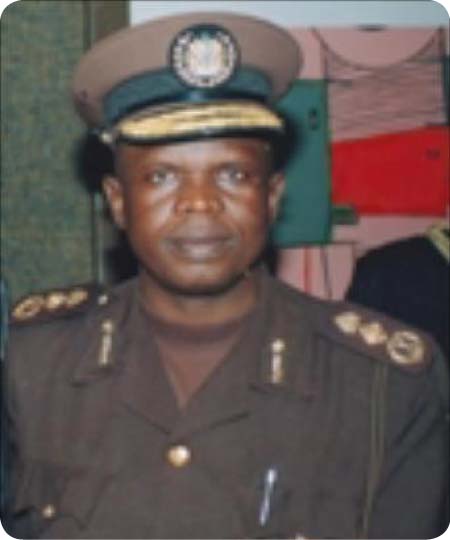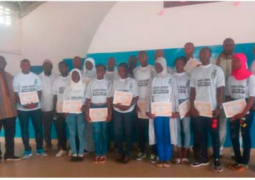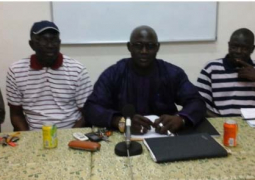
In his judgment, the trial magistrate said Sagnia was charged with two counts of abuse of office, to which he pleaded not guilty.
The prosecution called six witnesses and tendered exhibits in support of its case and at the closure of the prosecution’s case, the accused was asked to enter into his defence.
It was not in doubt that the accused person did issue an entry clearance visa to two nationals of Syria and Lebanon, the magistrate said.
Sagnia told the court that at the time of his arrest, as director-general of immigration he did approve an entry clearance application of Bimex Company Ltd based on his mandate as director general of immigration, and he did so without forwarding the said application to the director general of the NIA based on the fact that the Syrian was not based or residing in Syria but in Lebanon, the magistrate added.
He went on: The issue was whether the convict acted in abuse of his office by granting application without forwarding the said application to the director general of the National Intelligence Agency (NIA).
The trial magistrate added that the prosecution had led evidence that the convict should have consulted with other security agencies, particularly the director general of the NIA before issuing the said clearance visas to the two nationals from the two countries.
The magistrate said he has no doubt that Sagnia acted within the guidelines, as laid down in rules 9:10 of exhibit “D”.
He said the convict’s cautionary statement corroborated the evidence of PW1, whose evidence was “very crucial” in the case.
“To my mind, the action of the convict did not follow the normal procedure as laid down in exhibit “D”, which certainly amounted to abuse of his office,” the magistrate said.
The convict did not tell the court if he had checked whether the people mentioned in the application were actually residents of Syria or not, he continued.
Public interest dictates that people in senior positions like the convict, as he then was, should be fully aware of the changing political situations around the world, particularly in Syria.
“Having regard to the totality of the evidence before the court, I have no doubt that the prosecution has proven its case against the convict, Buba Sagnia, with the level of certainty required by law in count one,” said the magistrate.
“On count 2, there was no evidence presented before the court that any damages were caused to the state, even though there was evidence that the action of the convict was likely to cause a security breach,” he continued.
There was also no evidence in the prosecution’s case that the people issued with the clearance visa had violated any other immigration rules during their stay in the country, he added.
“From the totality of the evidence, I found that the prosecution did not sufficiently prove all ingredients of the second charge against the convicted person, Buba Sagnia, and I therefore found the convict not guilty on count 2,” he announced.




